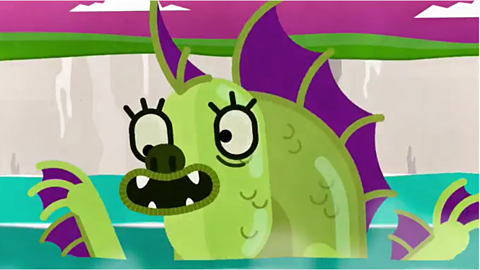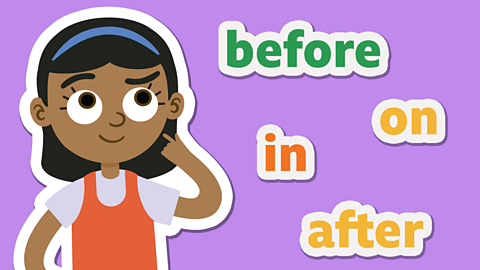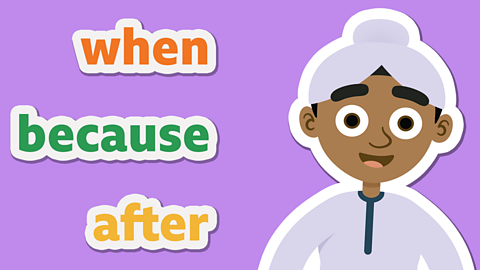What is a passive verb?
When the subject of a sentence isn't doing something, the verb is passive.
On the other hand, a sentence is active when the subject performs the verb (action).
For example, in this sentence the verb is active.
Mr Brewer kicked the ball
Whereas, in this sentence the verb is passive.
The ball was kicked by Mr Brewer
Take a look at this slideshow to learn more about passive verbs, and test what you've learned with the activity and quiz below.

Image caption, This is Frieda Fishmonster. She always enjoys a passive sentence.
Image caption, Wow. That is impressive!
Image caption, ÔÇśThe Fish Monster roared.ÔÇÖ is an active sentence, because we know who did the roaring ÔÇô the Fish Monster.
Image caption, But if the sentence is ÔÇśRoaring was heard,ÔÇÖ itÔÇÖs not clear who roared, so this is a passive sentence.
Image caption, Oh look. The sentence is now ÔÇśThe fisherman catches fish from the ocean.ÔÇÖ ItÔÇÖs an active sentence, because it shows who is doing the action.
Image caption, The sentence is now ÔÇśFish are caught from the ocean.ÔÇÖ We are not told who is catching the fish. So this is a passive sentence.
Image caption, But thereÔÇÖs more. You can add the person doing the action back into a sentence. Just use the word 'by'.
Image caption, Goodbye Frieda!
1 of 8
Activity 1
Activity 2
Play our fun English game Crystal Explorers. gamePlay our fun English game Crystal Explorers
Use grammar, punctuation and spelling skills to explore jungles, caves and tombs on your mission!

More on Grammar
Find out more by working through a topic
- count8 of 16

- count9 of 16

- count10 of 16

- count11 of 16
